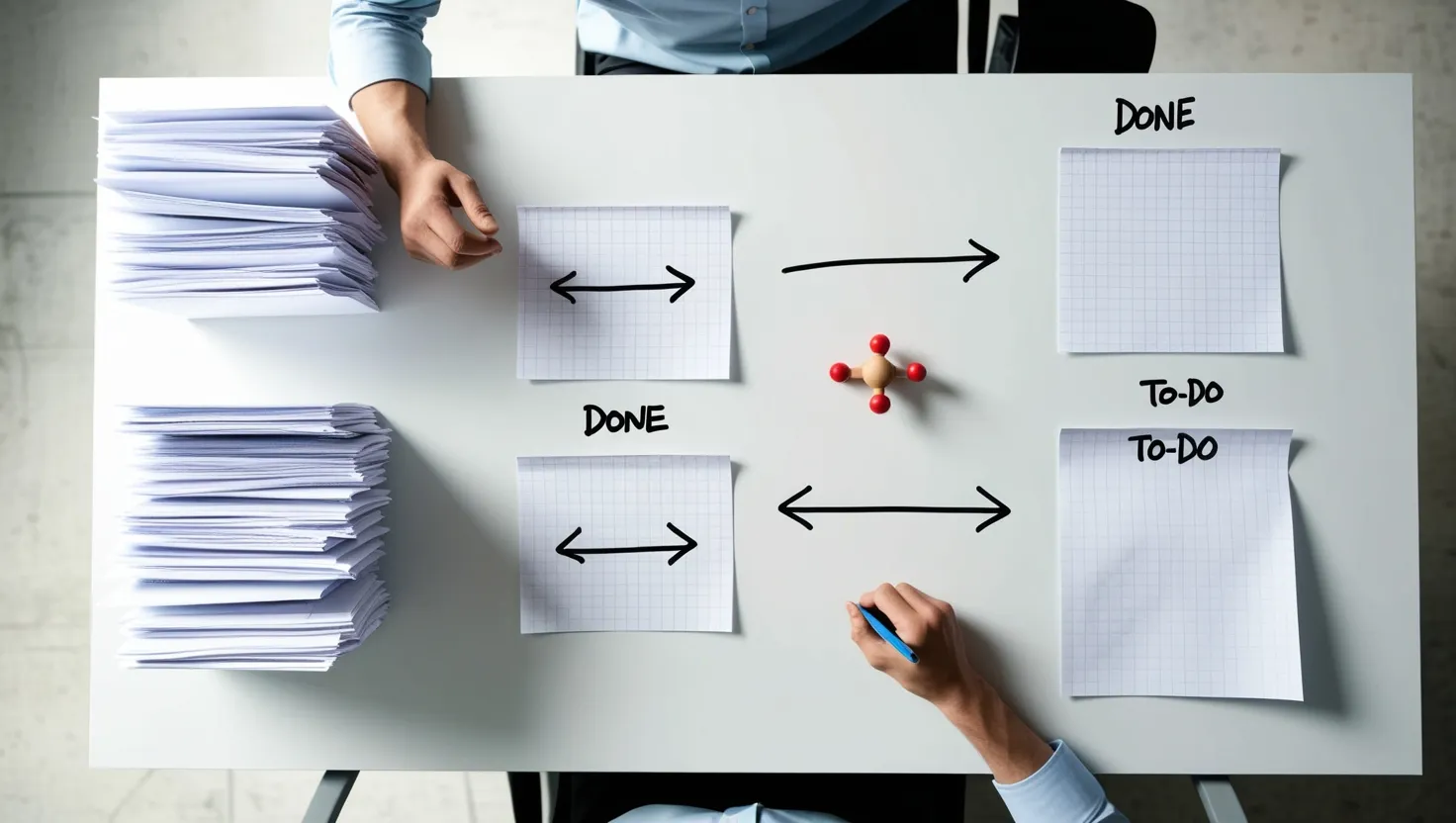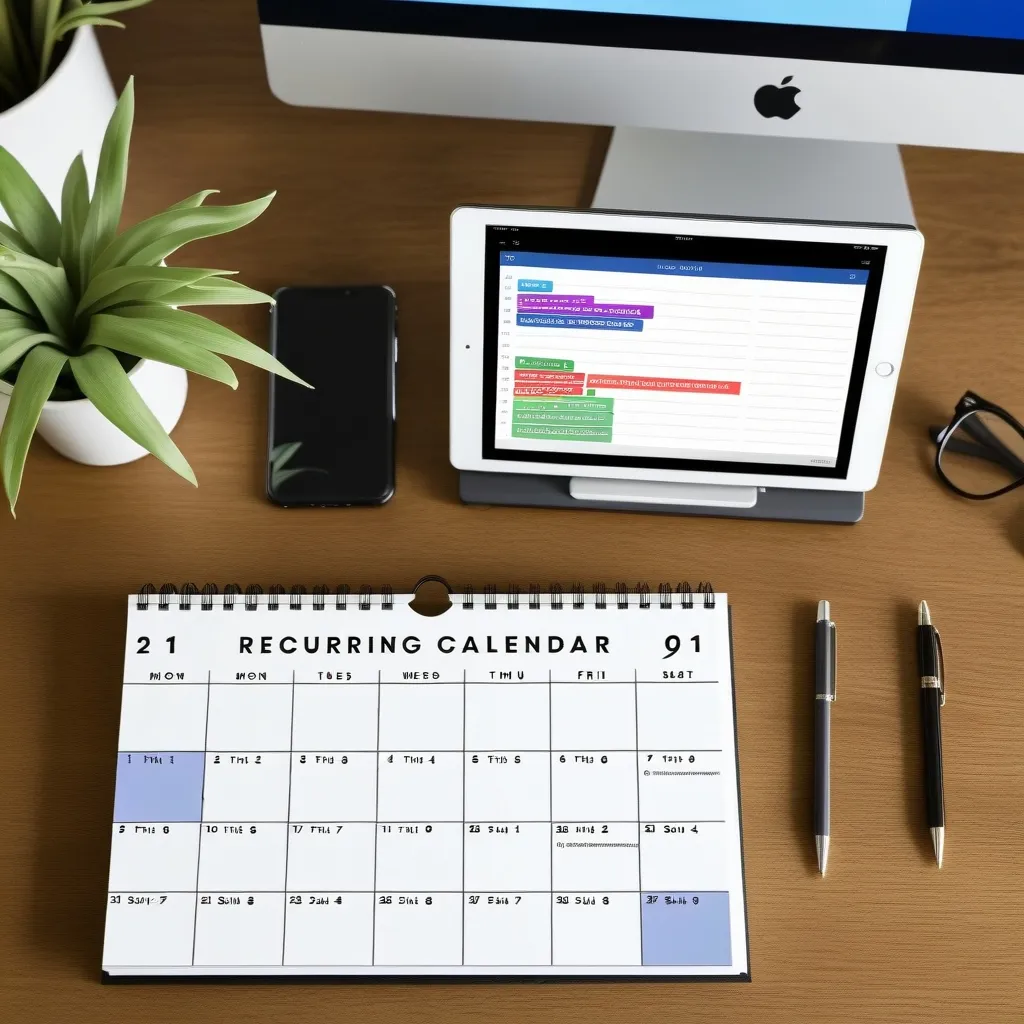Productivity Hacks from Billionaires: Weird Yet Effective Tips
Ever wondered how billionaires manage to squeeze so much out of their day? It turns out, they’ve got some pretty unusual tricks up their sleeves. Let’s dive into the weird and wonderful world of billionaire productivity hacks.
Time Boxing: The Secret Weapon of Elon Musk and Bill Gates
Imagine your day as a bunch of Lego blocks. Each block is a specific task, and you’ve got to fit them all together. That’s time boxing in a nutshell. Elon Musk and Bill Gates swear by this method. It’s like giving each task its own VIP pass to your attention.
Say you’ve got a big project looming. Instead of letting it hang over you all day, you might block out two solid hours in the morning to tackle it head-on. Then, reward yourself with a 30-minute break. It’s not about being a control freak; it’s about being smart with your time.
Jack Dorsey’s Day Themes: Not Just Another Manic Monday
Jack Dorsey, the Twitter and Square guy, has a cool approach. He gives each day of the week a theme. Monday might be for management stuff, Tuesday for product meetings, and so on. It’s like having a weekly TV schedule, but for work.
This method is great for keeping your brain focused. If it’s Tuesday, you know it’s all about products. So when that random email pops up about something else, you can park it for later without feeling guilty.
Carlos Ghosn and Sheryl Sandberg: The Art of Saying “Enough”
Ever been in a meeting that feels like it’s never going to end? Carlos Ghosn feels your pain. He caps non-operational meetings at 90 minutes, splitting it evenly between presentation and discussion. It’s like setting a timer on a game - when it dings, you’re done.
Sheryl Sandberg takes a similar approach with emails. She’s all about quick, to-the-point responses. It’s better to fire off a short reply now than a perfect novel later. Think of it as the fast food of communication - quick, efficient, and gets the job done.
Bill Gates and the Deep Work Zone
Bill Gates is a big fan of “deep work.” It’s like diving into the ocean of your thoughts without any distractions. Imagine spending a whole day on a single project without checking your phone or email. Sounds scary, right? But this is where the magic happens.
This kind of laser focus can lead to some serious breakthroughs. It’s like giving your brain the space to really stretch its legs and run wild with ideas.
Warren Buffett’s Empty Calendar Trick
Warren Buffett’s calendar might shock you - it’s practically empty! Instead of cramming every hour with tasks, he only schedules the big, important stuff. It’s like having a wardrobe with just a few high-quality pieces instead of tons of cheap clothes.
This approach gives him time to think, reflect, and come up with those billion-dollar ideas. Sometimes, the best thoughts come when you’re just sitting back and letting your mind wander.
Elon Musk’s No-Nonsense Meeting Policy
Elon Musk doesn’t mess around when it comes to meetings. If someone’s not contributing, he might straight-up ask them why they’re there. It sounds harsh, but think about how much time we waste in unnecessary meetings.
Before you call a meeting, ask yourself if a quick email or chat would do the trick. And if you do need a meeting, make sure everyone has a real reason to be there. It’s like throwing a party - you want every guest to bring something to the table.
Allison Holzer’s Unstructured Time
While schedules are great, sometimes you need to let loose. Allison Holzer, a top executive coach, is all about embracing unstructured time. It’s like giving your brain a mini-vacation.
Stuck on a problem? Try taking a walk or enjoying a meal without any agenda. You might be surprised at the ideas that pop up when you’re not actively trying to think about work.
Will Yang’s Intentional Transitions
Will Yang from Instrumentl has a cool trick called “intentional transitions.” It’s like hitting the reset button between tasks. He takes a moment to close unnecessary browser tabs and mentally prepare for the next thing on his list.
This little pause can help clear out the mental clutter. It’s like wiping the slate clean before starting a new drawing.
The Power of Mono-Tasking
In a world that loves multitasking, some billionaires are zigging while others zag. They’re all about mono-tasking - focusing on one thing at a time. It’s like giving each task your full, undivided attention.
If you’re working on a report, resist the urge to check your email or scroll through social media. Give that report your all, and you’ll likely finish it faster and better.
Mark Zuckerberg and Jeff Bezos: Always Learning
Mark Zuckerberg and Jeff Bezos are like perpetual students. Zuckerberg sets himself a new challenge each year, whether it’s learning Mandarin or meeting new people. Bezos is always thinking about what customers need and how he can meet those needs.
Setting big goals keeps you motivated and focused. Want to learn a new skill? Set aside some time each week to work on it. It’s like planting seeds for future success.
Sheryl Sandberg’s Work-Life Balance
In our always-connected world, it’s easy to let work take over. But Sandberg knows the importance of balance. She keeps work emails short to protect her personal time. It’s like building a fence between your work life and personal life.
Try setting some boundaries. Maybe don’t have work apps on your phone, or set specific hours for checking work emails. It’s all about keeping your work-brain fresh and avoiding burnout.
Faris Khatib’s Healthy Distractions
Distractions are inevitable, but Faris Khatib, CEO of Ideal Tax, has a smart approach. He has a list of “allowed” distractions - things that help him refocus when his mind starts to wander. It might be a quick walk or grabbing a coffee.
When you feel your focus slipping, acknowledge it and choose a healthy distraction. It’s like giving your brain a quick stretch before getting back to work.
Putting It All Together
These billionaire productivity hacks might seem a bit out there, but they’re proven to work. Whether it’s time boxing like Elon Musk, theming your days like Jack Dorsey, or embracing unstructured time like Allison Holzer, there’s something here for everyone.
The key is to experiment and find what works for you. Maybe you’ll love the deep work approach, or perhaps Buffett’s empty calendar will be your thing. Whatever you choose, remember that productivity is personal. What works for a billionaire might not work for you, and that’s okay.
The goal is to find your own rhythm, your own set of tricks that help you make the most of your day. It’s about working smarter, not harder. And who knows? With these billionaire-approved productivity hacks, you might just find yourself on the path to your own billion-dollar idea.
So go ahead, give these weird yet effective tips a try. Your future productive self will thank you. And remember, even billionaires had to start somewhere. Who’s to say you’re not on your way to joining their ranks? Happy productivity hacking!






